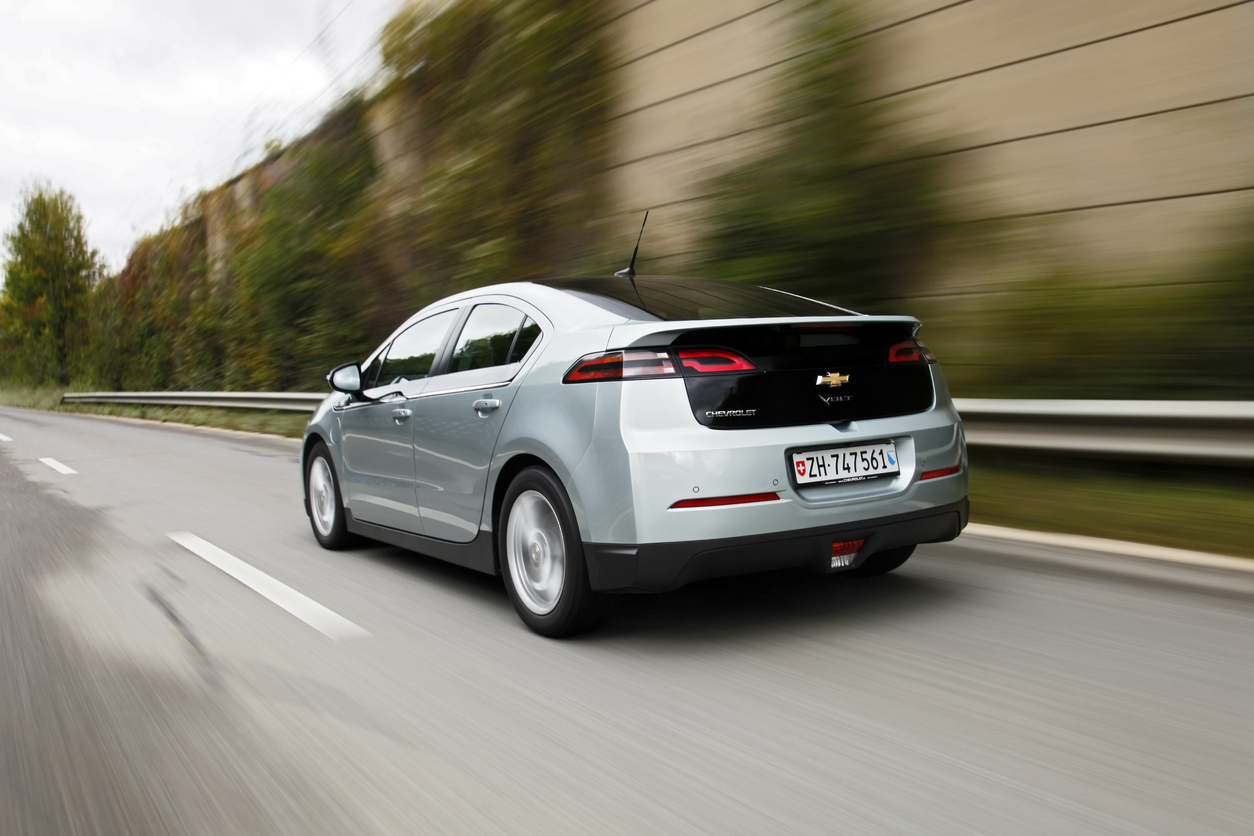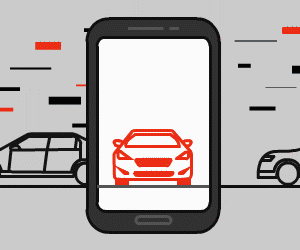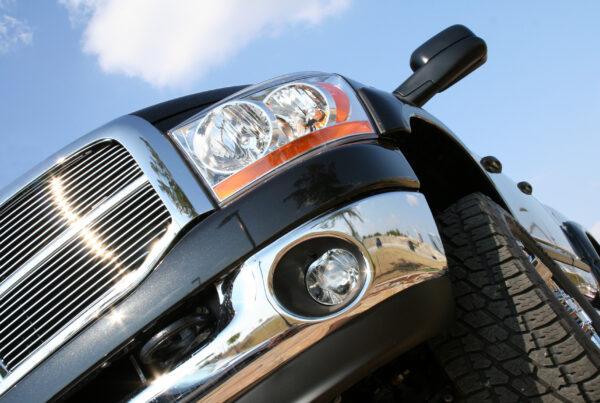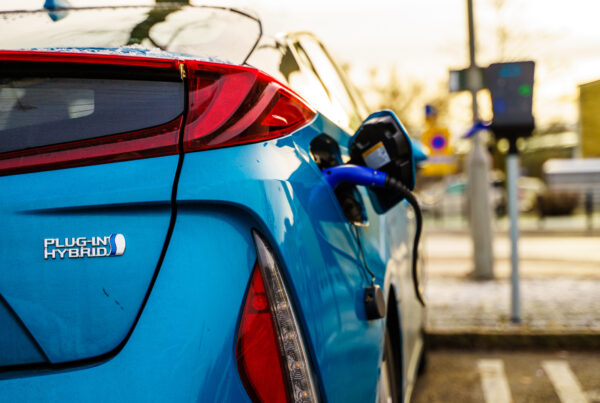The Australian Labor Party’s (ALP) latest strategy to support the electrification of Australian roads and reducing vehicle emissions has received positive remarks from the automotive industry as it prepares for the 2022 federal elections.
Under the broader ‘Powering Australia Plan’, the ALP proposes to make “electric vehicles cheaper with an electric car discount”. This is part of their proposed National EV Strategy and would involve removing the 5 percent import tariffs and the 47 percent Fringe benefits Tax (FBT) from low-emissions vehicles that are proceed below the Luxury Car Tax (LCT) threshold.
“Following a statement of intent in these areas in March this year, it is pleasing the ALP is continuing to generate meaningful discussion about increasing the number of low emission vehicles on our roads and the subsequent improvement to our national environmental performance, customer choice and communities through this technology,” Federal Chamber of Automotive Industries (FCAI) Chief Executive Tony Weber said.
Furthermore, Electric Vehicles Council Chief Executive Behyad Jafari said that “making it easier for Australians to switch to EVs through discounts will help catch up to the rest of the world.”
If implemented, Mr. Jafari believes that it will not only make Australia’s streets cleaner and reduce carbon emissions but it can also help in lowering health costs.
The Powering Australia Plan also involves:
- Working with states and territories to expand EV charging infrastructure
- Encouraging the provision of home and public EV charging facilities by reviewing he National Construction Code
- Establishing a real-world vehicle testing program to ensure that Australians get the most fuel efficient vehicles
- Policy settings to encourage the local manufacturing of EV components including batteries
- Addressing the policy implications of declining fuel excise taxes
The ALP projects an increase in EV sales of up to 600,000 vehicles, which can raise its market share from 29 percent to 89 percent in ten years.
The strategy could also potentially stimulate the creation of 5960 new jobs in sales and charging infrastructure development.
16,500 indirect jobs are also forecast to be created through the manufacture and installation of charging infrastructure according to the plan.
Notably absent from the plan though, is a vehicle CO2 emissions standard which the FCAI believes is key in sending a strong signal “to global car-makers that Australia was a viable market for EVs”.




















